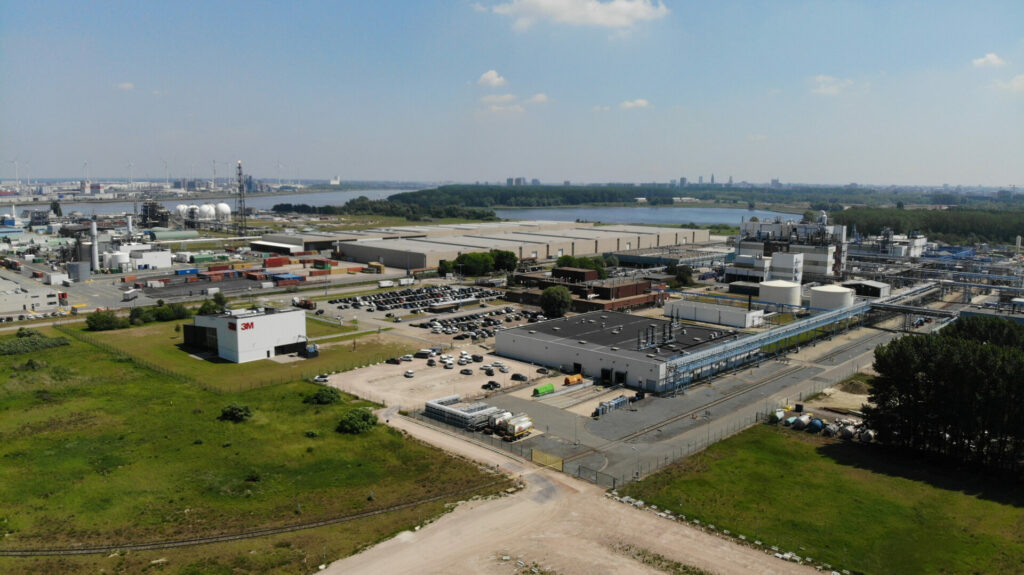More than 17,000 sites in Europe are contaminated with the "forever chemical" PFAS, of which several sites, including in Belgium, have levels hazardous to human health.
A major mapping project by 17 media outlets, including The Guardian and Le Monde, found that per- and polyfluoroalkyl substances (PFAS), man-made pollutants known as “forever chemicals” because they don’t break down in the environment, have made their way into soil and water at tens of thousands of sites across Europe.
Levels as low as 10 nanograms per litre of the chemical, used to make non-stick cookware (Teflon products), water-repellent clothing, some cosmetics and certain firefighting foams, among others, require the attention of authorities due to the health risk these levels pose.
Most polluted in the world
The investigation revealed concentrations above 10,000 nanograms per litre were found in 300 sites, including in Belgium, which the research describes as "the place with the highest pollution levels" of the chemicals.
This is the result of the pollution at American multinational 3M's site in the Zwijndrecht, at the centre of a pollution scandal in recent years. 3M recently decided to stop producing PFAS in Zwijndrecht by the end of 2025 and pledged €571 million to remediate Zwijndrecht and the surrounding areas.
Because of the widespread use of PFAS in the factory and their presence in the environment (air, soil and water), the chemicals were found in the blood of people living nearby the site, leading to people in the danger zone being advised not to eat certain foods, as well as causing a political fallout.
The site itself was, according to the research, "one of the most polluted in the world," with a concentration of some 73 million nanograms per litre.
Related News
- Belgian chemical giant 3M to appear before justice of peace in Antwerp
- Experts assure public over toxic chemicals found in sea foam off Belgian Coast
Continued exposure to high levels of PFAS can impact the immune system and can result in heart diseases, increased cholesterol levels and an increased risk of kidney or testicular cancer.
In December last year, the EU announced its chemicals strategy for sustainability towards a toxic-free environment, which aims to phase out PFAS in the region unless their use is essential.
At the start of this month, five European countries (Germany, the Netherlands, Denmark, Sweden and Norway) launched a proposal to ban PFAS in Europe.

